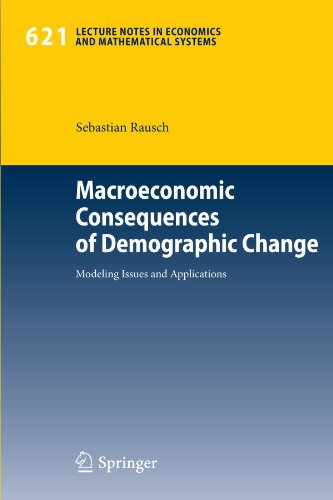

Most ebook files are in PDF format, so you can easily read them using various software such as Foxit Reader or directly on the Google Chrome browser.
Some ebook files are released by publishers in other formats such as .awz, .mobi, .epub, .fb2, etc. You may need to install specific software to read these formats on mobile/PC, such as Calibre.
Please read the tutorial at this link: https://ebookbell.com/faq
We offer FREE conversion to the popular formats you request; however, this may take some time. Therefore, right after payment, please email us, and we will try to provide the service as quickly as possible.
For some exceptional file formats or broken links (if any), please refrain from opening any disputes. Instead, email us first, and we will try to assist within a maximum of 6 hours.
EbookBell Team

0.0
0 reviewsThis book presents a new computational approach to solving large-scale Auerbach-Kotlikoff Overlapping Generations (OLG) models in a complementarity format. Unlike with integrated solution methods, the proposed decomposition algorithm allows for the solution of multi-regional and multi-sectoral OLG models that exhibit a large number of heterogeneous consumers and a variety of household-specific effects. By broadening the scope of economic analysis, this new approach provides a powerful tool for applied general equilibrium modelers. In this book, the algorithm is applied to the macroeconomics of demographic change, demonstrating its flexibility and scope as a solution concept. With a specific analysis on the implications of globally unsynchronized demographic patterns for international trade, the book also explores the sectoral and distributional consequences of an aging population in Germany.